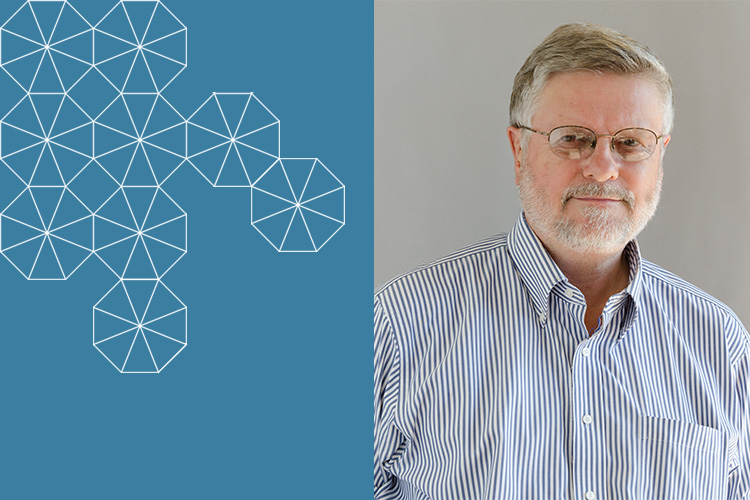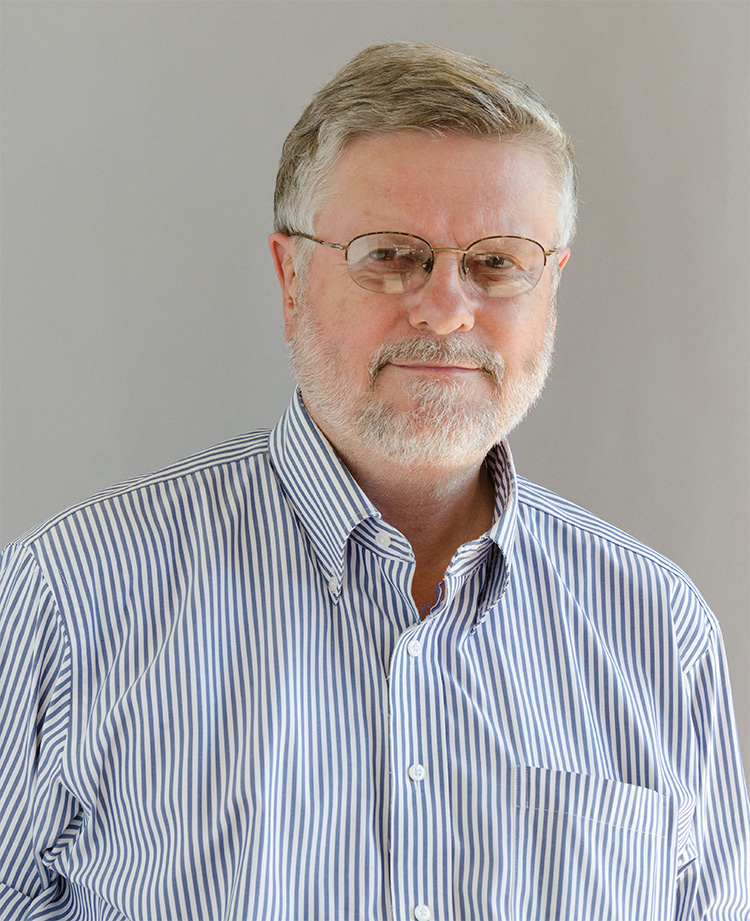UC Berkeley professor emeritus receives the 2023 Gold Medal Award for archaeology
The honor recognizes prominent contributions to archaeology, primarily through research and/or fieldwork.

February 10, 2022
As a young boy in Portsmouth, a naval town in southern England dating back to Roman times, Andrew Stewart kindled his fascination with the ancient and medieval realms. While archaeology started off as a childhood hobby, it quickly blossomed into a career that has taken Stewart around the world, shedding light on human history.
Stewart, UC Berkeley’s professor emeritus of ancient Mediterranean art and archaeology who has served the campus for over 40 years, went on his first dig at the Fishbourne Roman Palace near his hometown when he was 12. He has come a long way from his entry-level role on that operation to recently earning the pinnacle of U.S. lifetime achievement accolades in his field. Earlier this month, Stewart was selected the recipient of the 2023 Gold Medal Award for Distinguished Archaeological Achievement – the highest award the Archaeological Institute of America bestows.

UC Berkeley professor emeritus of ancient Mediterranean art and archaeology, Andrew Stewart. (Credit: UC Berkeley)
Four of Stewart’s former Berkeley students nominated him for the distinction and surprised their teacher with news of his award in a conference call.
“‘You just got the Gold Medal,’” Stewart recalled the group telling him. “I was sitting there in a chair in my office at Doe (Library) for the first time in a month and a half. I was gobsmacked. It never occurred to me that I would ever get it.”
Kenneth Lapatin (J. Paul Getty Museum, Los Angeles), Laure Marest (Museum of Fine Arts, Boston), professor Chris Hallett (UC Berkeley) and professor Becky Martin (Boston University) collaborated on the nomination. In addition to the nomination letter, the Stewart protégés submitted five letters of support, both singly and jointly authored by nine others, including former students, international experts and curators from the Fine Arts Museums of San Francisco — the de Young and the Legion of Honor.
“I and several other of Andy’s former students felt strongly that he was richly deserving of this award, which is one of, if not the highest honor in our field — on account of his outstanding contributions as a teacher, mentor, scholar, excavator and curator,” said Lapatin, whose interest in ancient art was sparked decades ago as a Berkeley freshman in one of Stewart’s 100-level classes. “His generosity and inspiring example to us over the course of his long and productive career is, in large part, responsible for our own individual successes.”
The Gold Medal Award, which will be presented to Stewart at the Archaeological Institute of America and the Society for Classical Studies annual meeting Jan. 5 – 8, 2023, in New Orleans, Louisiana, recognizes prominent contributions to archaeology, primarily through research and/or fieldwork.

While archaeology started off as a childhood hobby for Berkeley professor Andrew Stewart, it turned into a career that has taken him around the world, shedding light on human history. (Credit: UC Berkeley)
Stewart has advanced the fields of archaeology and art history through both publications and fieldwork during his extraordinarily productive and diverse career. He has changed these fields and the ways in which we think about them. In particular, he has transformed the knowledge and understanding of ancient Greek sculpture via focused empirical scholarship on dates, individual works and artists, as well as through broad-ranging discussions of sexuality, reception, semiotics, psychology, economics and culture theory. He has authored eight essential books in these fields, as well as more than 100 scholarly articles and reviews.
In addition to his work on visual culture and publications on the interpretation of sculpture, Stewart directed Berkeley’s excavations for 20 years (1986-2006) at Tel Dor in Israel, where he oversaw the field school and guided the work in innovative and prescient ways, including by leading the investigation of ancient interactions between Greeks, Romans, Phoenicians and others.
Stewart said he is honored to receive the Gold Medal Award, but that the campus recognition he received in 2009 for his achievements as an educator matches his latest laurel.
“My proudest accomplishment at Berkeley is the Distinguished Teaching Award,” Stewart beamed. “There is nothing that is quite so gratifying as the respect and concrete response of your peers in academia.”